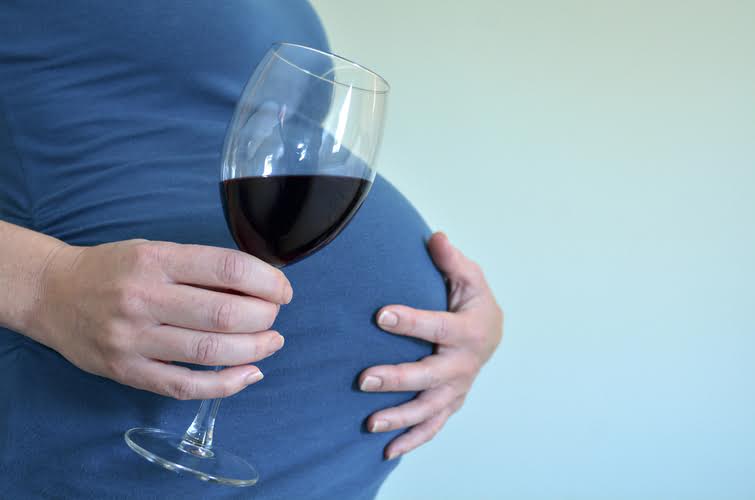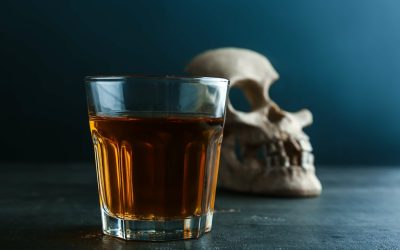People who suffer from night sweats may experience heavy perspiration during sleep. Studies show that 40% of people who visit their primary care physicians list night sweats as one of their most common symptoms. Signs of alcohol abuse can extend past physical signs and work their way into non-physical manifestations.

Levels of Care

This results in the accumulation of alcohol toxins in the body, leading to various symptoms, including night sweats. The specific genetic mutation responsible for alcohol intolerance can vary among individuals. Alcohol consumption can contribute to night sweats through various mechanisms. One way alcohol impacts the body is by inducing https://katsu188.net/113-divorce-statistics-on-the-divorce-rate-in/ vasodilation, causing the blood vessels in the skin to widen and the sweat glands to become more active.
- Alcohol withdrawal symptoms can begin within a few hours of your last drink and last anywhere from a few hours to a couple of weeks.
- For instance, drinks with higher alcohol content or those mixed with sugary substances may exacerbate the problem.
- No points for guessing that high body temperature and increased heart rate are the biggest culprits here.
- The body, in a state of heightened alertness and stress, increases its metabolic rate, increasing body temperature.
- Their compassionate team is dedicated to providing the care and tools necessary for lasting recovery.
Rapid Drug Detox: A Faster Path to Sobriety
The amount of drinking before quitting, the length of time drinking, and how quickly someone begins experiencing w symptoms. As a result, the body will profusely produce more sweat to compensate for the loss of water alcohol sweat and therefore cause you to have night sweats. While your primary care doctor cannot diagnose AUD, they may perform a screening to check for AUD. During this screening, they may ask how many alcoholic drinks you have on an average day and whether you have strong urges or cravings to drink alcohol.
Heroin detox as a turning point in recovery
Alcohol depresses the central nervous system, interfering with how the brain controls sweat glands and blood flow. This can confuse temperature regulation, causing sweating even when you’re not overheated. Often, the odor returns within hours because it originates from inside your body, not on your skin’s surface. And many people desperately try quick fixes to eliminate alcohol odor, but these common remedies only provide temporary cover-ups at best. This is where alcohol is excreted through your breath, urine, and sweat. And this is why many people notice a strong association between alcohol and body odor post-drinking.
- But if you regularly experience night sweats after your last drink, it may be part of alcohol withdrawal symptoms.
- Alcohol has a direct impact on the body’s central nervous system, which plays a pivotal role in heat regulation.
- They may signify an imbalance in your body, such as hormonal changes, withdrawal symptoms, or even an underlying medical condition.
How is alcohol withdrawal treated?
Night sweats, characterized by excessive sweating during sleep, can manifest across alcoholism symptoms various parts of the body, including the face, chest, back, and arms. This symptom often leaves individuals waking up feeling cold as a result of the moisture generated by the body. Sweating during detox typically begins within 6 to 12 hours after you stop drinking. This early stage of withdrawal can feel like a bad flu, with symptoms including shaking, sweating, headaches, and anxiety. For some, the symptoms come on slowly; for others, they escalate quickly. The severity of symptoms often depends on how long and how heavily you’ve been drinking.

Impact on Body Temperature
Inpatient rehab offers 24/7 care, structured therapy, and a supportive environment, helping individuals build resilience and strategies for lasting recovery and wellness. Alcohol rehabilitation programs provide a structured and supportive environment with daily routines, therapy sessions, and community interactions designed to help individuals achieve lasting recovery. Outpatient alcohol rehab offers flexible treatment with personalized care, including therapy, counseling, and ongoing support to help individuals maintain sobriety and navigate recovery. Explore alternative ways to achieve sobriety without rehab, including support groups, therapy, lifestyle changes, self-help techniques, and healthy coping strategies for lasting recovery. Create a safe environment, manage symptoms, and seek professional help to ensure a safe and successful recovery.